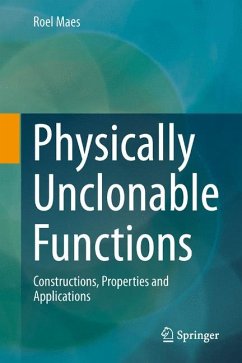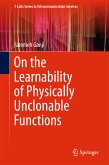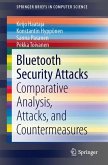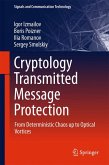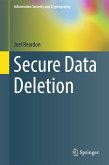The author first presents an extensive overview and classification of PUF constructions, with a focus on so-called intrinsic PUFs. He identifies subclasses, implementation properties, and design techniques used to amplify submicroscopic physical distinctions into observable digital response vectors. He lists the useful qualities attributed to PUFs and captures them in descriptive definitions, identifying the truly PUF-defining properties in the process, and he also presents the details of a formal framework for deploying PUFs and similar physical primitives in cryptographic reductions. The author then describes a silicon test platform carrying different intrinsic PUF structures which was used to objectively compare their reliability, uniqueness, and unpredictability based on experimental data.
In the final chapters, the author explains techniques for PUF-based entity identification, entity authentication, and secure key generation. He proposes practical schemes that implement these techniques, and derives and calculates measures for assessing different PUF constructions in these applications based on the quality of their response statistics. Finally, he presents a fully functional prototype implementation of a PUF-based cryptographic key generator, demonstrating the full benefit of using PUFs and the efficiency of the processing techniques described.
This is a suitable introduction and reference for security researchers and engineers, and graduate students in information security and cryptography.
Dieser Download kann aus rechtlichen Gründen nur mit Rechnungsadresse in A, B, BG, CY, CZ, D, DK, EW, E, FIN, F, GR, HR, H, IRL, I, LT, L, LR, M, NL, PL, P, R, S, SLO, SK ausgeliefert werden.

